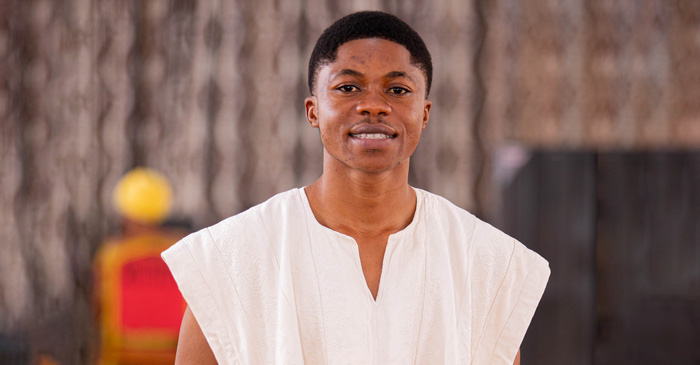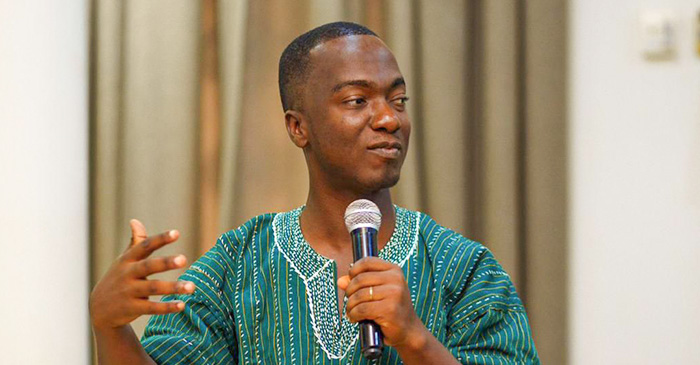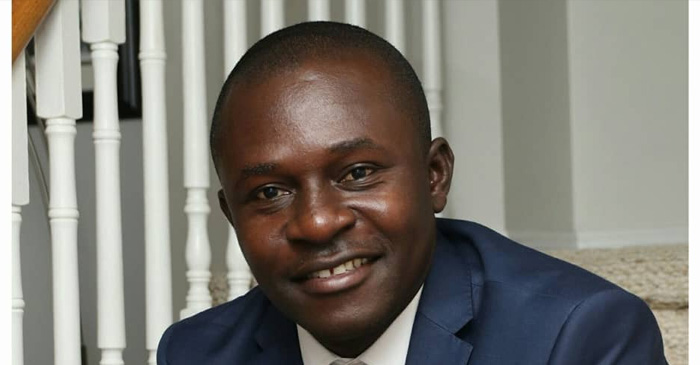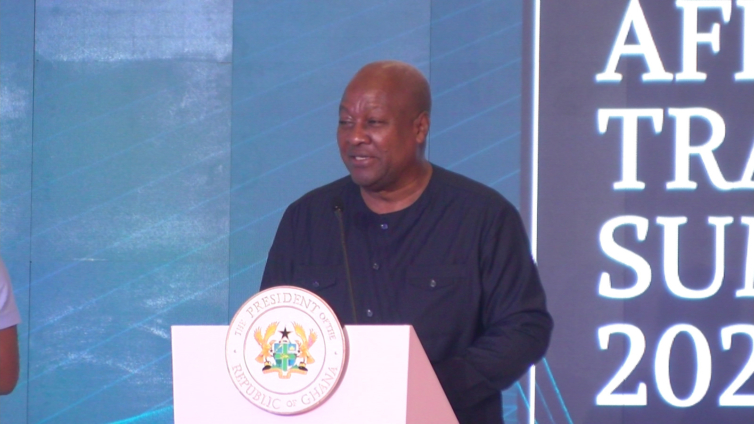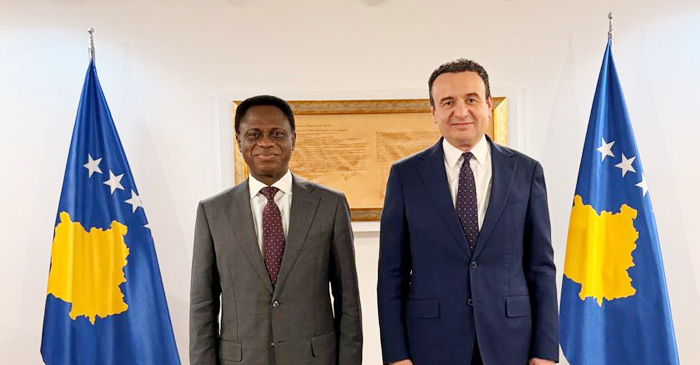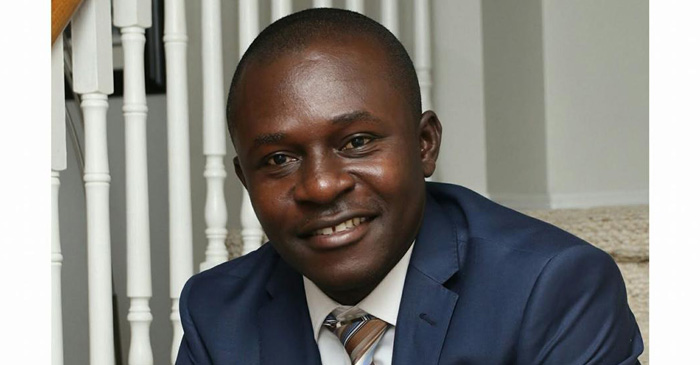
Ghana’s long-standing conversation on the relationship between mission schools, religious freedom, and national identity has resurfaced with the Shafic Osman versus Wesley Girls’ High School case. This development invites the nation to reflect deeply on how faith-based institutions, many of which laid the foundations of modern education in Ghana, can remain true to their heritage while respecting the constitutional rights of all students. Mission schools have shaped generations of Ghanaian leaders, long before the state assumed full responsibility for public education. Their Christian character is therefore not an afterthought but a key part of their history and identity. In the same vein, Islamic schools also maintain practices rooted in their faith tradition. In a diverse society, what feels natural to one group may feel restrictive to another, making open and honest dialogue essential.
At the heart of the current debate is the question of religious accommodation in public-aided mission schools. While the plaintiffs argue that certain school policies challenge Muslim religious expression, others believe that the historic ethos of mission schools should be preserved. Beneath the legal and public arguments lies a broader national concern: how to safeguard the identity of mission schools without marginalizing minority groups, and how to maintain harmony without diluting the values that shaped these institutions. Global experiences offer lessons. In parts of Europe and North America, governments struggled to define the boundaries of religious accommodation, leading to social tensions, unclear laws, and in some cases parallel systems of norm-setting that later became difficult to manage. Ghana must avoid such pitfalls by grounding its approach in fairness, clarity, and respect for both institutional identity and individual rights.
A balanced way forward requires transparency, clear guidelines, and respect for choice. Mission schools should be open about the core elements of their Christian identity – daily devotions, dress codes, and participation in school worship – so that parents understand what they are choosing. Likewise, national guidelines developed through consultation with Christian and Muslim stakeholders would ensure consistency and prevent confusion. Above all, Ghana must uphold the principle of one law for all while allowing schools to retain the character that makes them distinct.
As policymakers, judges and educational leaders deliberate, it is important to recognise that this conversation extends beyond Wesley Girls’ High School. The decisions made today will influence how future generations experience faith, identity, and education in Ghana. Careful, principled leadership will help preserve peace, honour our history, and strengthen the mutual respect that has long characterised our nation.
Written by Dr. Enoch Ofosu



